Different sources will tell you the dos and the don'ts of being a writer of online articles. However, there are some rules that you simply cannot comply with one hundred percent.
I compare the quality of my current articles with the ones that I initially published on this writing platform eight years ago, and I'm immediately able to see that I've come a long way with my writing style since then. Unfortunately, some old writing habits die hard, and I'm going to go over them with you herein.
Editors on the HubPages writing platform have repeatedly told me not to allow my paragraphs to go beyond five lines. I try to do my due diligence to adhere to that same rule of thumb religiously, but somehow I end up typing a sixth line in some of my paragraphs. I try to split it up into two paragraphs, but it's not always a good idea.
There are simply paragraphs that are not meant to be split up into two no matter how you try to work it out. Everything within them is cohesive in nature. I feel that if it's only one extra line in the paragraph, what is the big deal about it?
I realize that I should not whine about it, because I've come across writing platforms that insist that their writers make their paragraphs no longer than three lines. For me, that is pure torture. I need the extra leeway to feel relaxed about my prose.
Another monkey wrench that often appears in the pathway is the rule of thumb that English teachers taught us in high school and in college that there is no such thing as a one-sentence paragraph. Even the most professional journalists don't seem to think so, because I've seen a whole host of paragraphs that were only one sentence long in professionally written articles.
You do what you have to do, and let the rest of the chips fall in place. Therefore, I've violated that rule of thumb against one-sentence paragraphs more times than I have kept count. It's an inevitable habit of mine to have one-sentence paragraphs in my articles.
Grammar Nazis will warn you not to use words like "plenty of," "a lot of," "a bunch of," "thing," "things," and "stuff" in articles. Why not?! They're legitimate words from the English language. What's the harm in it?
One can never know what goes through the minds of these grammar Nazis. They simply love to nitpick at everything instead of sitting back and enjoying the contents of a well-written article. Shame on them.
You want average people to be able to relate to your articles. How can you achieve that effect if you allow yourself to stumble on all these trivial concerns about perfecting the linguistic quality of an article? Life is way too short to let them stand in the way of reaching your audience with something to which they can relate. Why allow them to stifle your literary talents?
Grammar Nazis tell you not to use the word "just" too many times. It's a legitimate word, so I don't see what the fuss is all about.
Writing is supposed to be a passion and something enjoyable rather than a prison sentence. It's time that grammar Nazis leave well enough alone. Now that artificial intelligence ("AI") has come along, they're going to be pulling out their hair every time they attempt to correct the contents of an article that AI may have produced. AI simply won't care how they feel. So deal with it, all you grammar Nazis out there.
This article is copyright-protected.